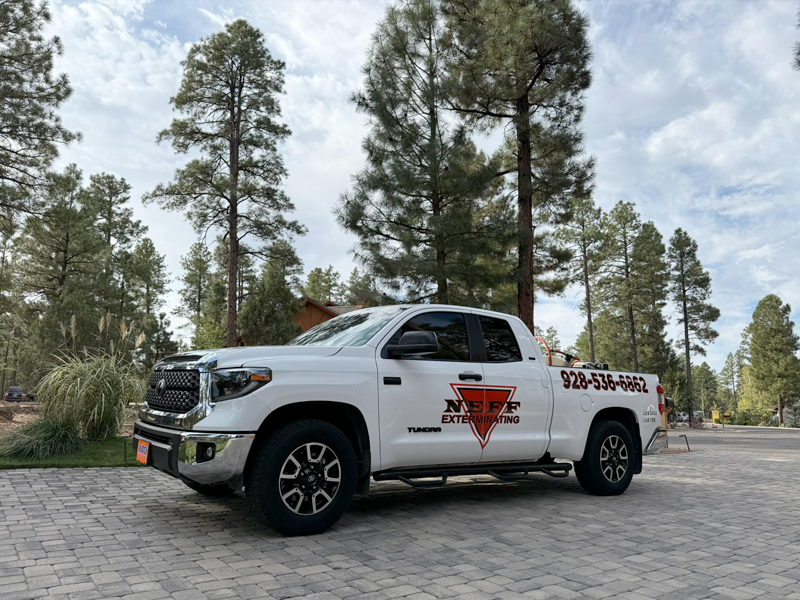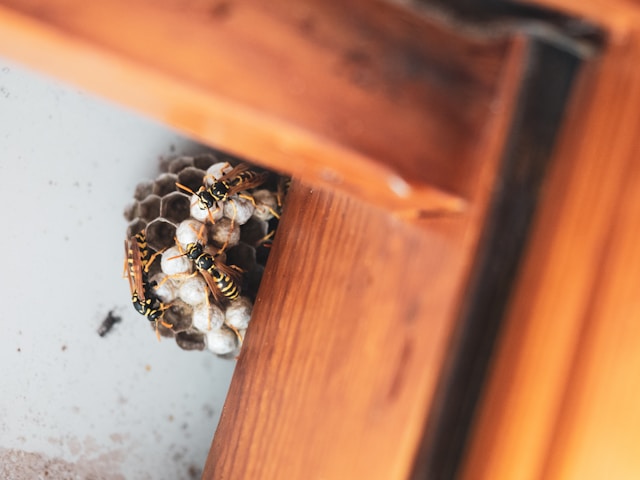Help & Resources
How to Keep Your Garden Pest-Free Without Harming Your Plants

Maintaining a beautiful garden is a rewarding endeavor, but it can be challenging when pests threaten your plants. Many gardeners are hesitant to use chemical pesticides due to their potential harm to plants, beneficial insects, and the environment. Fortunately, there are several effective, eco-friendly methods to keep your garden pest-free without causing damage. In Taylor, AZ, where the climate can attract various pests, these strategies can help you protect your garden naturally.
Understanding Common Garden Pests
Before diving into pest control methods, it’s essential to identify the common pests that might invade your garden. In Taylor, AZ, gardeners often encounter:
- Aphids: Small, sap-sucking insects that can weaken plants.
- Caterpillars: Larvae of moths and butterflies that can chew through leaves.
- Slugs and Snails: Mollusks that feed on plant leaves, stems, and roots.
- Whiteflies: Tiny, white insects that can cause yellowing and wilting of leaves.
- Spider Mites: Microscopic pests that suck the sap from plants, leading to stippled and discolored leaves.
Eco-Friendly Pest Control Methods
1. Encourage Beneficial Insects
Beneficial insects, such as ladybugs, lacewings, and predatory beetles, can help control pest populations naturally. These insects prey on common garden pests and keep their numbers in check. To attract beneficial insects, plant a variety of flowers and herbs, such as marigolds, dill, and yarrow, which provide nectar and pollen.
2. Use Companion Planting
Companion planting involves growing certain plants together to enhance growth and deter pests. For example, planting marigolds alongside vegetables can repel nematodes and aphids. Basil planted near tomatoes can help keep tomato hornworms at bay. By strategically placing companion plants, you can create a natural pest barrier.
3. Employ Physical Barriers
Physical barriers can prevent pests from reaching your plants. Use row covers, cloches, or netting to protect your garden from insects and birds. Copper tape or mesh around plant beds can deter slugs and snails. These barriers allow your plants to thrive without the need for chemical interventions.
4. Practice Crop Rotation
Crop rotation involves changing the location of specific crops each growing season. This practice helps prevent the buildup of pests and diseases that target particular plants. By rotating crops, you disrupt the life cycle of pests and reduce the likelihood of infestations.
5. Maintain Healthy Soil
Healthy soil promotes strong, resilient plants that can withstand pest attacks. Regularly add organic matter, such as compost or well-rotted manure, to your soil to improve its structure and fertility. Healthy plants are less susceptible to pest damage, reducing the need for intervention.
6. Handpick Pests
For small infestations, handpicking pests can be an effective method. Remove caterpillars, slugs, snails, and larger insects by hand and dispose of them away from your garden. This labor-intensive method is best suited for smaller gardens but can significantly reduce pest numbers.
7. Apply Natural Pest Sprays
Natural pest sprays made from ingredients like neem oil, garlic, and soap can effectively deter pests without harming plants. Neem oil disrupts the life cycle of insects, while garlic and soap sprays repel them. Always test these sprays on a small area of your plant before full application to ensure no adverse reactions.
8. Introduce Natural Predators
Introducing natural predators, such as nematodes or parasitic wasps, can help control pest populations. Nematodes target soil-dwelling pests, while parasitic wasps lay their eggs in or on other insects, effectively controlling their numbers. These biological controls provide a natural, sustainable way to manage pests.
9. Mulch Wisely
Mulching can help control pests by creating an unfavorable environment for them. Organic mulches, such as straw or wood chips, can deter pests and improve soil health. Ensure the mulch is not too close to plant stems to prevent moisture buildup and potential rot.
10. Regular Monitoring
Regularly inspect your garden for signs of pests. Early detection allows for prompt action before infestations become severe. Look for damaged leaves, discoloration, and visible insects. Monitoring helps you stay ahead of potential problems and maintain a healthy garden.
Neff Exterminating in Show Low, Arizona
Keeping your garden pest-free without harming your plants is achievable with the right strategies. By encouraging beneficial insects, using companion planting, employing physical barriers, and practicing crop rotation, you can create a healthy, thriving garden. Additionally, maintaining healthy soil, handpicking pests, applying natural sprays, introducing natural predators, mulching wisely, and regular monitoring are effective eco-friendly methods.
For more expert advice and pest control services in Taylor, AZ, Neff Exterminating is here to help. Our team of professionals can provide tailored solutions to keep your garden and home pest-free. Visit our contact page to get in touch with us and learn more about our services. Let us help you maintain a beautiful, healthy garden naturally.
‹ Back








